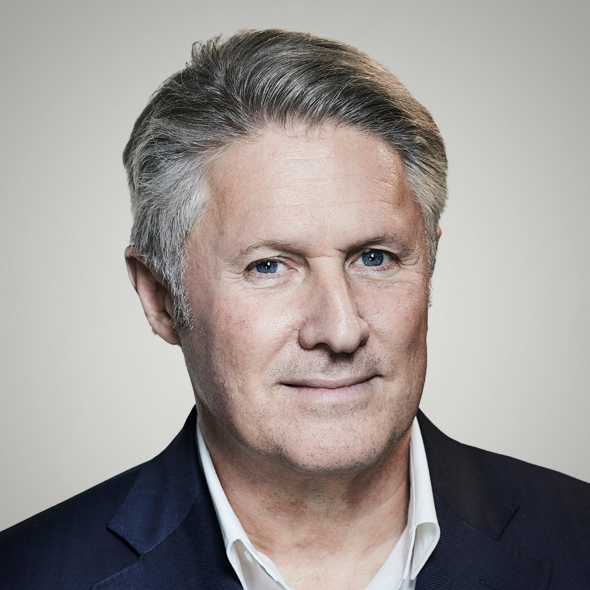In an era of intense public scrutiny and rapid change, the call for organisations to demonstrate ethical governance has never been louder, says AICD CEO Mark Rigotti MAICD.
The recent controversies involving PwC’s Australian affiliate and the “Robodebt” scheme remind us of the importance of organisational culture and ethical oversight to support governance principles.
These situations underline the need for a stronger focus on ethical considerations and consideration of broader societal expectations to be embedded firmly within all aspects of governance.
Non-executive directors play a pivotal role in maintaining and fostering an ethical culture. They need to set clear expectations around ethical behaviour, monitor the performance of executives against these expectations and lead by example in ethical decision-making.
The ability to challenge management appropriately and proportionally, while ensuring strategic direction aligns with ethical standards, is a key element of good governance.
Corporate governance is intrinsically about the choices we make that impact myriad stakeholders — including shareholders, employees, clients and wider society. As we state in our practice guide on directors’ best interests duty, directors should take a long-term view of where the company’s interests lie.
In essence, as we navigate the complexities of modern governance, it is crucial to remember ethics and good governance are not just about compliance, they are about making responsible decisions that build trust, create long-term value and ensure our organisations’ sustainability.
The AICD has been committed to providing resources that strengthen the understanding and application of ethics in the boardroom. In our Forward Governance Agenda consultation, we received feedback from members that ethical decision-making and culture should be a central pillar of our work supporting members.
We have released comprehensive guides centred on sustaining strong organisational cultures, the nuances of engaging with stakeholders and the imperative of ethics in decision-making.
These resources offer practical insights and recommendations, aiding our members in building cultures that foster integrity, fairness and transparency. In addition, acknowledging the need for continuous education, we introduced a specialised ethics module for our members. These materials are accessible on our website.
The lessons from high-profile situations are painful, but important. They remind us of the potential consequences of not getting the ethical dimensions of your company right and the importance of adhering to principles that respect the values we claim to uphold.
They strengthen our resolve to ensure that ethical decision-making is not merely a chapter in our governance handbooks, but the cornerstone of our daily operations. In an era of intense public scrutiny and rapid change, the call for organisations to demonstrate ethical governance has never been louder.
It is not always easy. It requires courage, integrity and the willingness to sometimes make tough decisions that may not always align with the short-term gains. It involves constantly asking not just “Can we?” but “Should we?”
The year that was
The AICD has finished FY23 in a strong position. It was a record year on a number of fronts, including membership, learners and revenue. This is especially pleasing given the uncertain environment we are all operating in and the significant remobilisation work required following COVID-19.
It would not have been possible without stakeholder support, especially our members. Thank you for your support and encouragement.
This article first appeared under the headline 'Not can we, but should we?' in the August 2023 issue of Company Director magazine.
Latest news
Already a member?
Login to view this content



